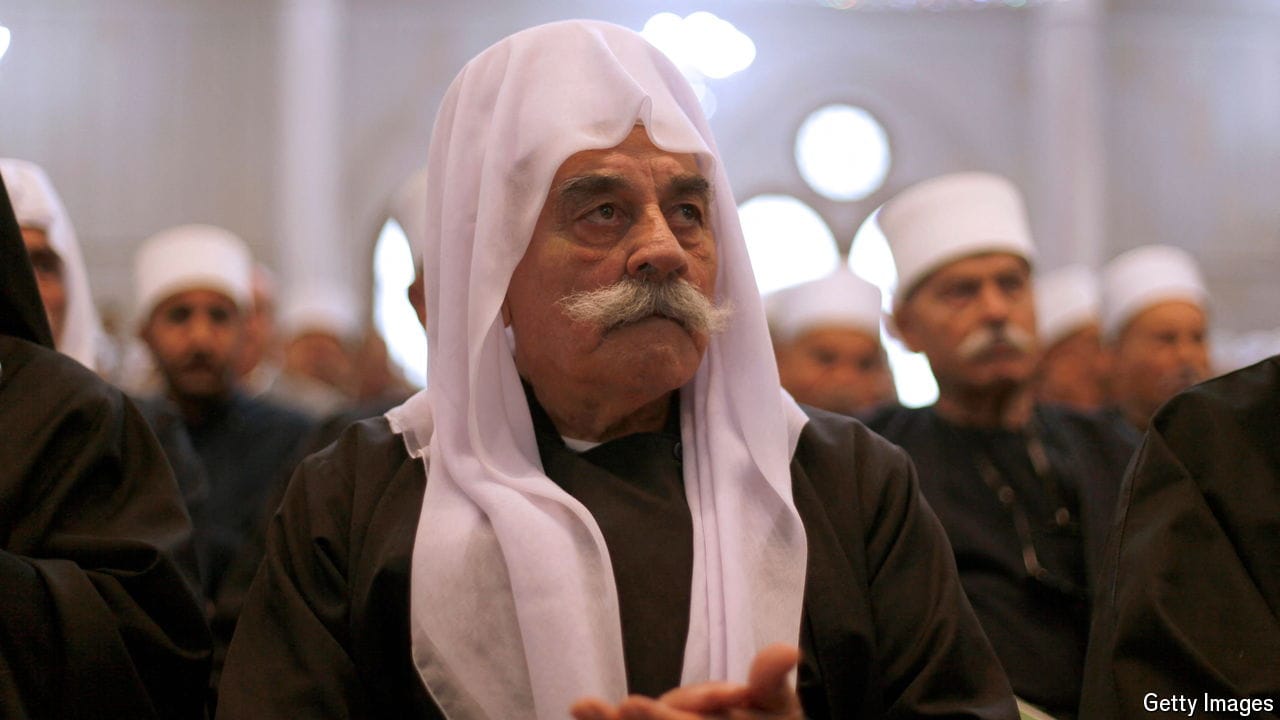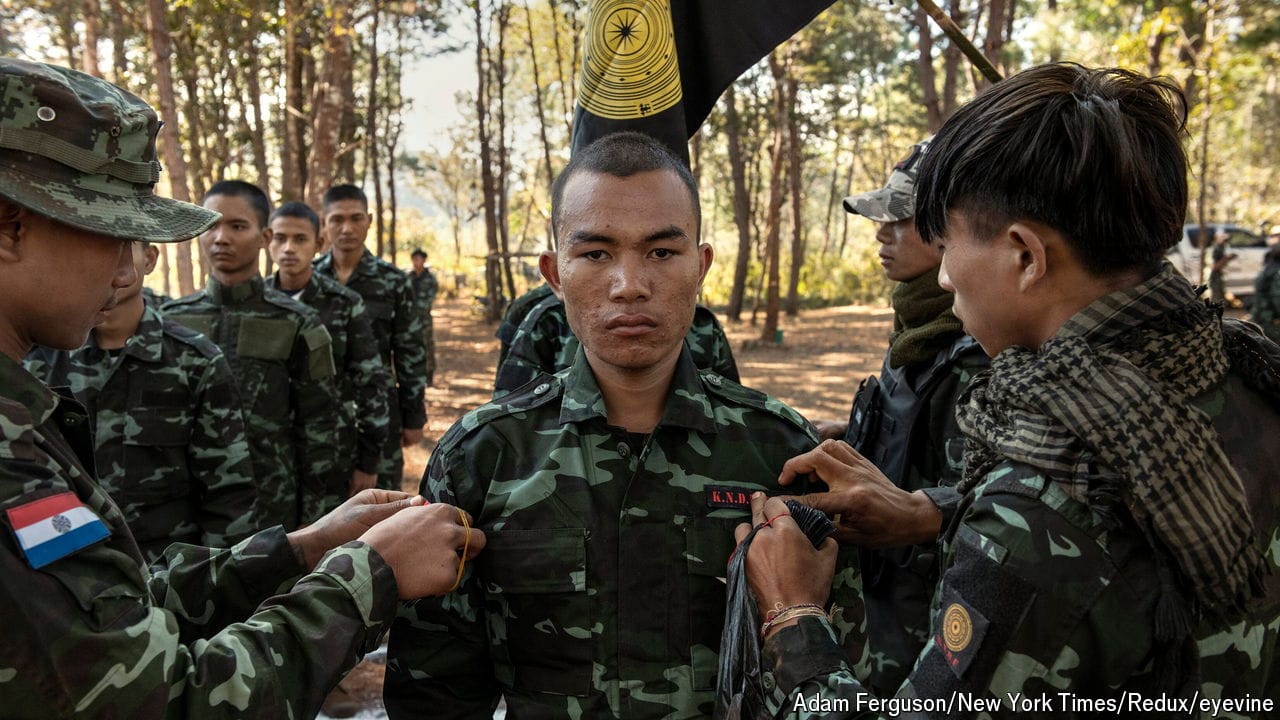How Ukraine is winning the drone-jamming war
Russia’s electronic-warfare capability seems to have been over-hyped

UKRAINE’S DRONES were not supposed to still be buzzing over the heads of Russian forces. Many analysts had assumed that Russia’s electronic jamming would neutralise any drone which lacked military-grade communications. But it has also successfully used consumer drones for reconnaissance and to direct artillery fire, while larger “octocopters” (which have eight propellers) have destroyed Russian T-72 tanks by dropping anti-tank grenades. Russian military drones are also falling from the skies at an alarming rate. How is Ukraine winning the jamming war?
A drone receives commands from its operator via a radio link which can be lost if the signal is overwhelmed by radio noise, either due to interference or deliberate jamming on the same frequency. A jammed drone may return to the last location where it could receive commands, attempt a soft landing or simply crash. Military drones (such as the Turkish Bayraktar TB2 which Ukraine is using) have electronic filters to reduce noise and resist jamming, but consumer drones are vulnerable.
More from The Economist explains

Who are the Druze, the victims of a deadly strike on Israel?
The religious minority has often been caught up in regional crossfire in the Middle East

Myanmar’s rapidly changing civil war, in maps and charts
Ethnic militias and pro-democracy groups are scoring victories against the governing junta

Who will be Kamala Harris’s running-mate?
She is reportedly vetting a dozen options. These are the top three
Why have so few American presidents been from the West?
Kamala Harris’s nomination would be a milestone for the region
Why the Olympics still has a doping problem
Cheating with drugs has again become an organised affair
Why some Russian athletes will be eligible to compete at the Paris Olympics
Despite antipathy between the Russian government and the International Olympic Committee a handful will compete